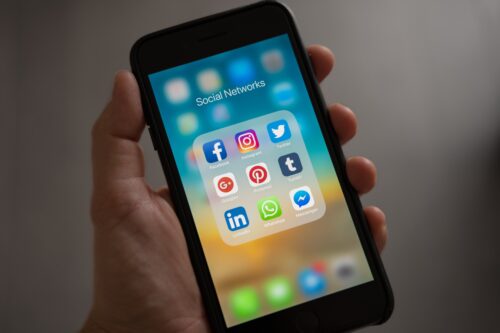
Social media plays a significant role in how people communicate, express themselves, and document their lives. Platforms like Instagram, Snapchat, X, and TikTok are used every day by college students to share thoughts, opinions, and moments that, intentionally or not, become public record. For students involved in Title IX investigations, social media posts can be critical evidence in a case.
One of the most common questions raised by students or their families is whether colleges and universities can use social media posts, messages, or activity as evidence during a Title IX investigation. Read on to learn more.
Is Social Media Considered Admissible Evidence?
Colleges and universities conducting Title IX investigations are not courts of law. That means they are not bound by the strict rules of evidence used in criminal or civil trials. Instead, they follow their own procedures, often rooted in guidance from the Department of Education. Most of these procedures allow for a broad range of evidence to be considered, including digital content.
Social media posts, screenshots, direct messages, photos, and even comments can be submitted by either party in a Title IX case. If a post is publicly accessible, or if someone has saved it (even if it has since been deleted), it can be reviewed and evaluated by the school’s Title IX office. In many cases, this type of evidence is seen as directly relevant to the alleged conduct, especially if it provides context for a timeline of events, contradicts a statement, or shows patterns of behavior.
How Do Schools Access This Kind of Evidence?
Generally, institutions do not engage in active surveillance of students’ social media accounts. However, when a report is filed, it is common for investigators to ask for any documentation or communication related to the incident in question. This may include screenshots of messages, saved Snaps, or posts from platforms like Facebook or Reddit.
If a party or witness volunteers this information, the school may include it in its report. In some cases, schools may request access to private accounts, although students are not typically required to comply. Still, if the opposing party submits social media evidence, and it is deemed relevant, it will likely be considered regardless of how it was obtained, so long as it wasn’t collected in violation of applicable privacy laws.
Can Social Media Hurt or Help Your Case?
Social media posts can be critical evidence in a Title IX case. A single post can shift the tone of an investigation. For example, a message sent after an alleged incident might be evidence of consent, or might be evidence that someone maintained from the beginning that they had not consented. A social media post showing someone communicating coherently at a time they claim to have been too drunk to consent can be crucial evidence of an accused student’s innocence; on the other hand, a video that shows someone stumbling and slurring their words can be evidence that someone was, in fact, too drunk to consent.
If you are involved in a campus Title IX case as either a complainant or a respondent, it is critical to screenshot and save any relevant social media posts and messages as soon as possible. Because of the often-temporary nature of social media posts, critical evidence in these cases is often lost. You should speak with an attorney experienced in Title IX matters before submitting anything to the school. An attorney can help evaluate whether social media evidence may harm your case or could potentially serve as an important defense.